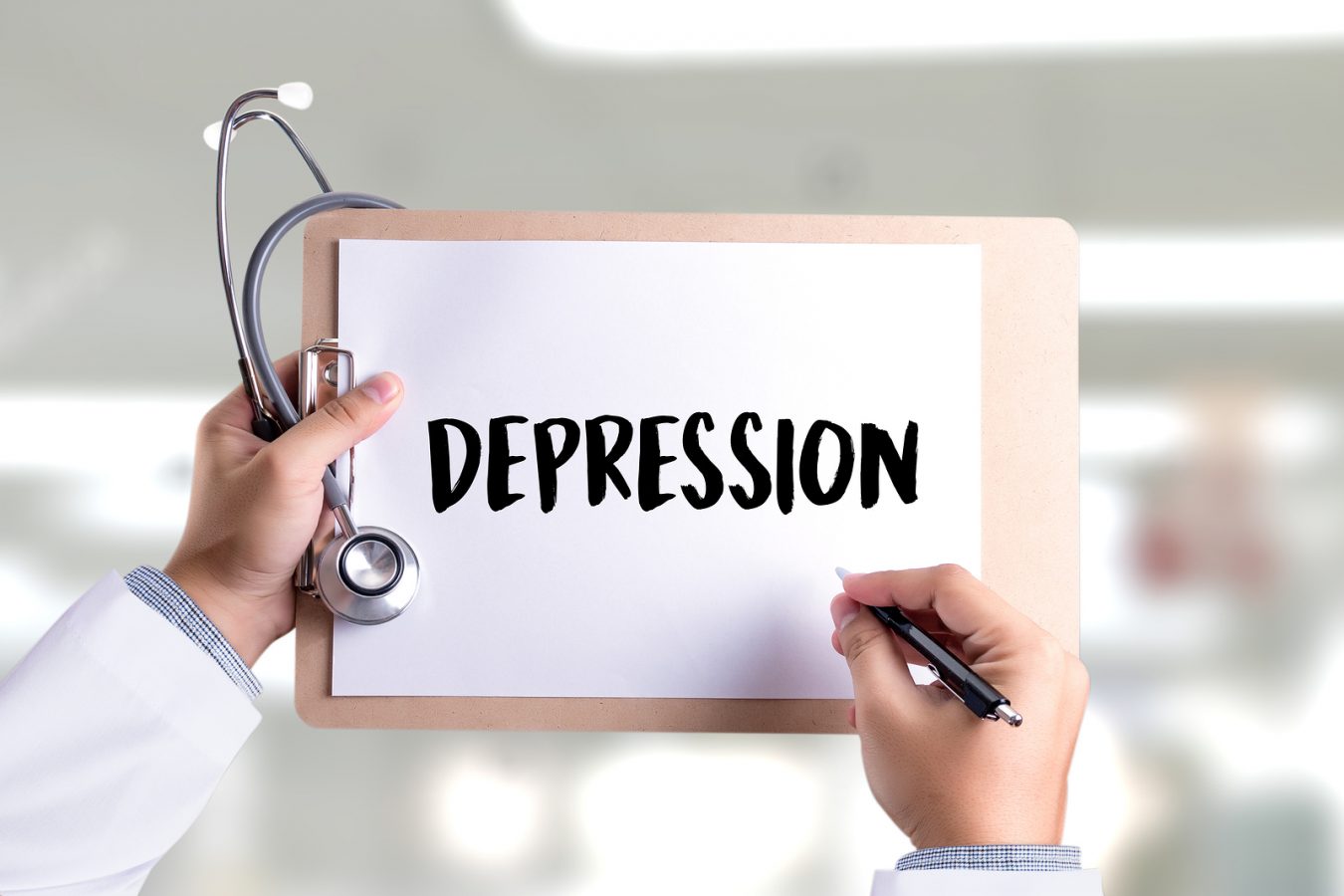You might have heard that people who are depressed are more likely to have heart disease. People who have heart disease are also more likely to get the blues.
Having both heart disease and depression is worse for your health than just having heart disease. A 2017 study found that people diagnosed with depression after they’d had a heart attack or other coronary heart disease problems were twice as likely to die.
Scientists have been trying to understand this connection for a long time and they finally have some clues. Another study looked at 367,703 unrelated participants’ family history of heart disease to see if genetic or environmental factors had an effect on their risk for depression. Authors of this study found that losing one parent to heart disease raises the risk of depression by 20%.
A person’s genes didn’t have anything to do with this added risk, however. So researchers looked for other connections.
They found a big one when they tested blood for certain chemicals, called biomarkers, that show inflammation is present in the body. Two inflammation markers—IL-6 and C-reactive protein (CRP)—were linked to both depression and heart disease. Inflammation could be why depression and heart disease often run together.
Inflammation is part of the body’s response to harm. In the short-term, it helps protect the body against infection and injuries. But long-term or chronic inflammation can raise your risk for a heart attack or stroke. Chronic inflammation often results from lifestyle factors like smoking, obesity, not exercising, and runaway stress.
Scientists are still learning about the link between heart disease and depression. The connection is concerning and a reminder that it’s important to look after your mental as well as physical health. We’ve always thought that keeping a positive mental attitude is important. These studies appear to agree with that idea, especially after having heart problems.
To keep your heart in good shape, try these measures:
- Eat a heart-healthy diet that leans toward plant foods like fruits, vegetables, beans, whole grains, and nuts. Choose leaner proteins like fish and chicken or turkey. Use healthy oils like olive oil. Keep sweets and salt to a minimum.
- Kick the smoking habit.
- Exercise at least a little nearly every day. A 30-minute walk goes a long way in helping your heart and improving your mood, too.
- Try to lose those extra pounds. Even a small amount of weight loss can help your heart.
- Lower your stress through meditating, yoga, or just chilling more with your family and friends.
If you are feeling blue, talk to a counselor, minister, or therapist, and discuss medications that might lift your spirits with your doctor.
If you’re concerned about depression and heart disease, it’s a good time to consider simple blood and urine tests, including one for CRP, that check for inflammation in the body. Inflammation that could be making you less well in both body and mind. Talk with your doctor about which tests are right for you.
For more information, go to Knowyourrisk.com.

